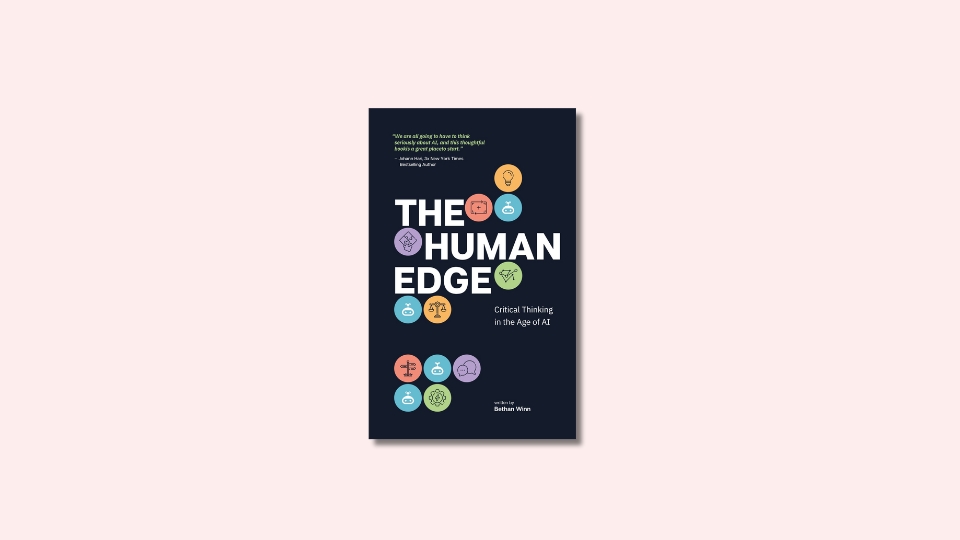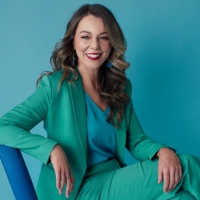Always saying ‘yes’? Here’s why women need a different strategy
Guest Writer | October 8, 2025

Bethan Winn.
The email lands in my inbox at 9.42am: “Would you have time for a quick coffee this week? I’d love to pick your brains about an idea.” It’s from someone I don’t know well, but the request feels harmless enough. My finger hovers over the reply button, ready to type “Of course!” before I catch myself.
This moment, this split-second before agreeing, is where women’s careers are often quietly derailed.
Not by dramatic failures or missed opportunities, but by a thousand small “yes” responses that chip away at our focus, energy, and strategic direction. We say yes to coffee meetings that don’t advance our goals, yes to taking notes in meetings where we should be contributing ideas, yes to organising the office Christmas party when we’d rather be leading the new client pitch.
The numbers tell a sobering story. Microsoft’s 2022 survey of 20,000 employees across 11 countries found that 48 per cent of employees and 53 per cent of managers are already burned out at work. For women, this exhaustion often stems not from the work we’re passionate about, but from the work we’ve accumulated by default; the result of countless automatic yeses.
The socialisation trap
Let’s not add a guilt trip here: It’s not our fault. These yeses are the predictable outcome of how we’ve been socialised.
Research shows that while men are associated with “agentic” traits like ambition and competitiveness, women are expected to embody “communal” traits: nurturing, empathy, concern for others. These aren’t just descriptive stereotypes (what people think women are like), they’re prescriptive stereotypes (what people think women should be like).
Translation? When women act collaboratively and say yes to requests, we’re rewarded for meeting social expectations. When we prioritise our own goals or decline requests, we’re often penalised and labelled as selfish, difficult, or “not a team player”. No wonder we feel obliged!
The result? Many high-achieving women find themselves drowning in responsibilities that don’t serve their career goals, simply because they’re excellent at what they do and others know they’ll deliver.
The critical thinking antidote
The solution isn’t to become less collaborative or less generous with our time and expertise. It’s to become more strategic about when and how we deploy these strengths.
Critical thinking offers us a framework to pause before automatically agreeing. Instead of defaulting to yes out of fear, obligation, or habit, we can ask: Does this align with my long-term vision? What am I giving up if I agree? Who really benefits from this decision?
This isn’t about being calculating, it’s about being intentional. When we apply critical thinking to our decisions, we move from reactive to proactive, from accommodating to strategic.

Learn more in The Human Edge: Critical Thinking in the Age of AI by Bethan Winn.
Your decision-making checkpoint
Before saying yes to any request, communicate you need some time to think and run it through this quick filter:
- Alignment check: Does this move me toward my goals or away from them?
- Opportunity cost: What would I be saying no to by saying yes to this?
- Value exchange: What am I giving versus what am I gaining?
- Energy audit: Will this energise me or drain me?
- Future self: Will I thank myself for this decision in six months?
If most answers point toward “no”, trust that instinct. Your time and expertise are finite resources, so treat them accordingly.
The strategic ‘yes’
The goal isn’t to become someone who never helps others or takes on challenges. It’s to become someone whose “yes” responses are deliberate and powerful. When you’ve declined the coffee meetings or extra responsibilities that don’t serve your goals, you create space for the conversation or thinking time that leads to your next breakthrough.
When you step back from other people’s requests, you free up time and energy for your priorities that bring you joy and satisfaction.
If you have a stronger ‘yes’, a commitment made to yourself in advance, it’s easier to say no with confidence.
Some of my most valuable professional relationships began with thoughtful “no” responses, declining one opportunity to make space for a better one, or suggesting alternative ways to help that better suited my skills and availability.
Reclaiming your decision-making power
When women are so often rewarded for compliance, critical thinking becomes an act of reclamation. It’s the difference between being shaped by other people’s priorities and actively shaping your own path. Think of it as deliberate design over default response.
The next time someone asks for your time, expertise or energy, remember: you don’t owe the world a yes. You owe yourself a thoughtful decision.
Start with just one strategic “no” this week. Notice how it feels. Notice the space it creates. Each thoughtful no is actually a powerful yes to something that matters more to you.
Sponsored

This article was written by Bethan Winn, a critical thinking specialist and author of The Human Edge: Critical Thinking in the Age of AI.
She helps professionals develop the thinking skills needed to navigate complex decisions and thrive in their careers.
Learn more at bethanwinn.com.au
We have a request
SHE DEFINED’s journalism is independent and we’re committed to elevating the voices of women by putting them front-and-centre in our stories and giving them a platform to speak up.
Quality journalism and editorial content takes time, money and resources to create, which is why your support matters. We don’t have a paywall or exclusive subscriptions because we believe in keeping our stories open to everyone.
Help support our mission by making a financial contribution today.






